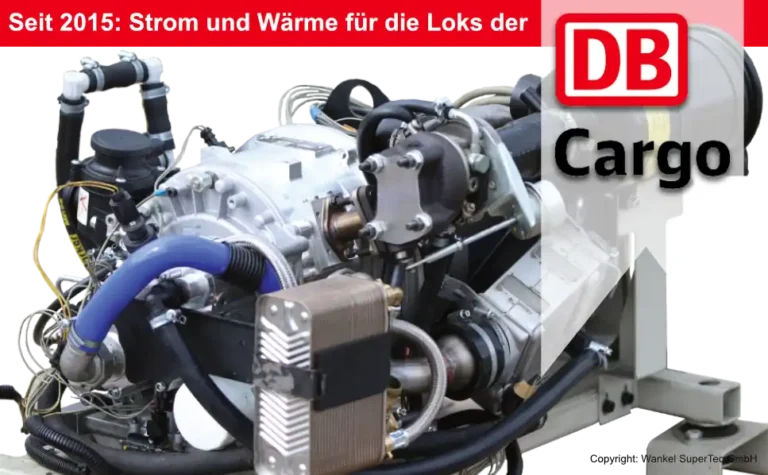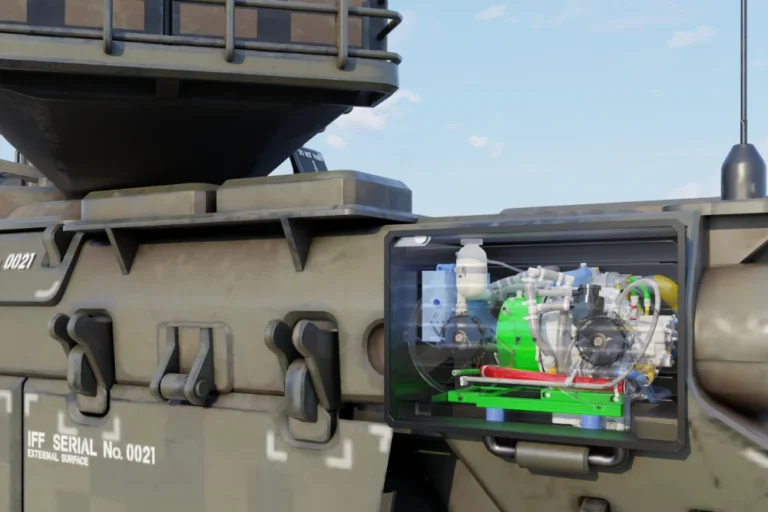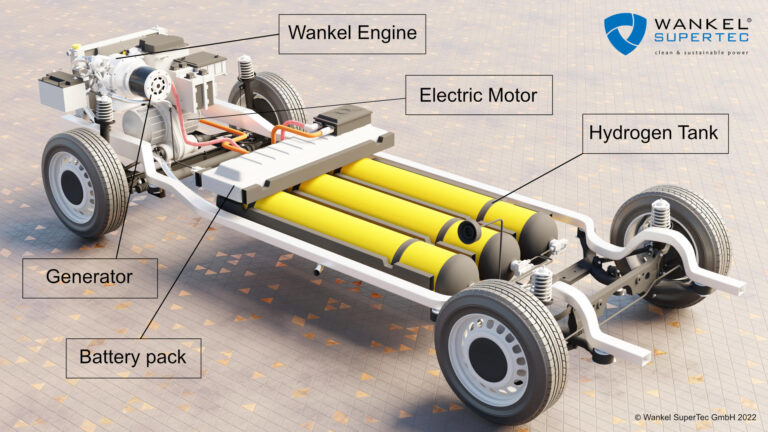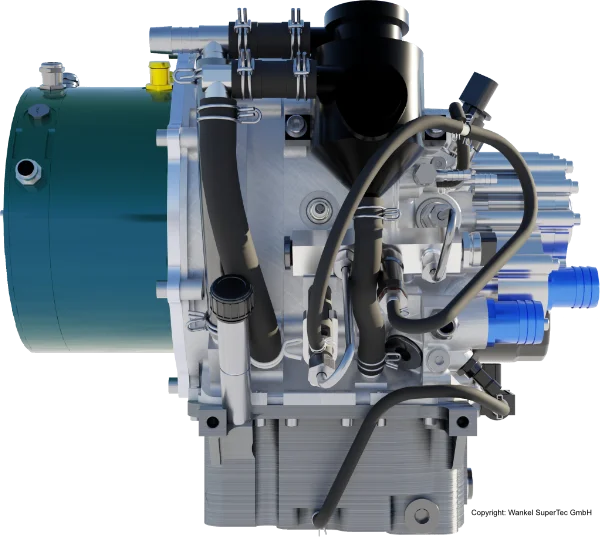Gensets & APUs
We offer our engines as stand-alone products, but also design and produce gensets, range extenders, APUs and CHPs with our engines according to our customers’ requirements.
Built for high performance in small installation spaces.
Our small and lightweight generator sets can provide electrical power from 14 kW – 120 kW, for applications on land, on water and in the air.
Our multi-fuel engines allow to operate such generator sets with a wide range of fuels, including diesel, gasoline, hydrogen, natural gas and biogas.
We are happy to support you on planning and integrating generator sets tailored to your needs.
Our multi-fuel engines allow to operate such generator sets with a wide range of fuels, including diesel, gasoline, hydrogen, natural gas and biogas.
We are happy to support you on planning and integrating generator sets tailored to your needs.

Auxiliary Power Unit
KKM 351d BHS
The BHS (Battery Charger and Heating System) is a retrofit system for diesel locomotives, used by German Railroad’s DB Cargo since 2015.
The system consists of our diesel-powered Wankel engine KKM351d, an air-cooled generator, exhaust gas aftertreatment and self-developed electronic control unit (ECU), including all auxiliary units.
It mainly functions as a power generator for charging the batteries, as well as the on-board power supply when the locomotive is at standby.
The thermal energy generated is used to bring the locomotive's main diesel engine to an appropriate thermal level or to keep it stable.
This reduces consumption, noise and exhaust emissions when the locomotive is at a standstill and improves starting performance by preheating the main engine.
The system consists of our diesel-powered Wankel engine KKM351d, an air-cooled generator, exhaust gas aftertreatment and self-developed electronic control unit (ECU), including all auxiliary units.
It mainly functions as a power generator for charging the batteries, as well as the on-board power supply when the locomotive is at standby.
The thermal energy generated is used to bring the locomotive's main diesel engine to an appropriate thermal level or to keep it stable.
This reduces consumption, noise and exhaust emissions when the locomotive is at a standstill and improves starting performance by preheating the main engine.
Generator Set
For military applications
With our proprietary diesel-powered rotary engines, we can build diesel-powered generator sets that are unique in size and weight.
The low-vibration and quiet running of our rotary engines gives us the advantage of saving on vibration dampers and sound insulation. With our systems, we achieve weight savings of 25% to 50% compared to similar units.
Our diesel engines do not require any particular diesel quality and in addition can also run on almost any other heavy liquid fuel, such as JetA and heating oil. They therefore can easily be operated in crisis areas where neither a stable supply of a particular fuel nor the quality of the fuel can be guaranteed.
The low-vibration and quiet running of our rotary engines gives us the advantage of saving on vibration dampers and sound insulation. With our systems, we achieve weight savings of 25% to 50% compared to similar units.
Our diesel engines do not require any particular diesel quality and in addition can also run on almost any other heavy liquid fuel, such as JetA and heating oil. They therefore can easily be operated in crisis areas where neither a stable supply of a particular fuel nor the quality of the fuel can be guaranteed.


H2 Generator Set
Sustainable power generation & mobility
Based on our hydrogen engines, we develop complete range extender systems for electric vehicles. With these, a vehicle can be operated both directly with electricity and with hydrogen or other fuels.
Key advantages of these range extender systems are
Key advantages of these range extender systems are
- Longer range
- Shorter charging stops
- Reduction of harmful emissions
- Reduced consumption of rare materials for large batteries that pollute the environment
Particular advantages of these range extender systems compared to fuel cells are
- Less expensive
- No use of rare materials
- Does not require high purity hydrogen
- Can also run on gasoline or natural gas
- Can easily be repaired and recycled

